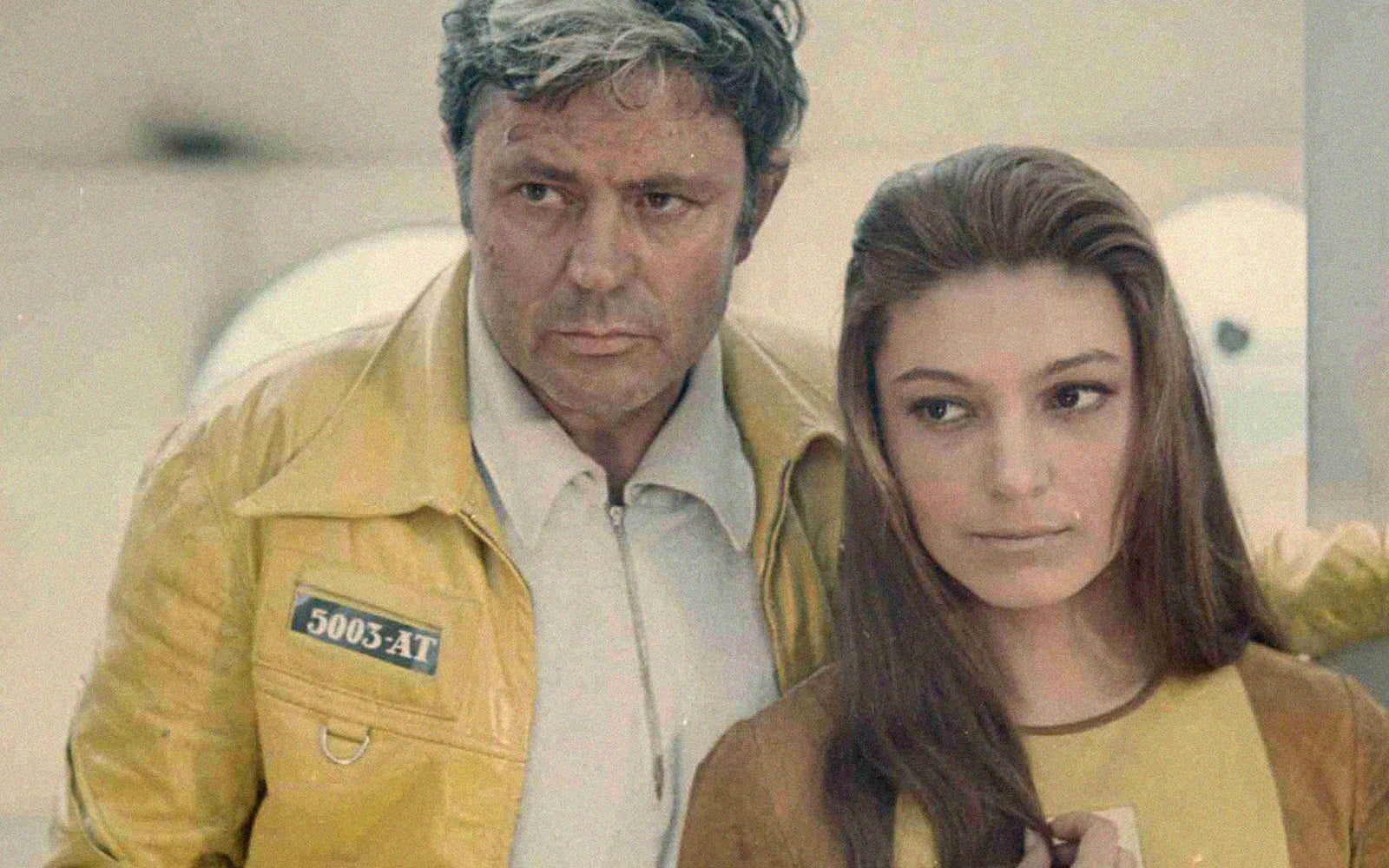Solaris by Andrei Tarkovsky (Review)

This Russian sci-fi film is probably most comparable to Stanley Kubrick’s 2001. In both films, there are no discussions about lasers, warp drives, and other gadgets. Rather, both movies deal with existential questions about Man and his place, about science and faith. However, I think that 2001 is the more ambitious and successful of the two; at any rate, it certainly feels more timeless and epic than Solaris.
In Solaris, a scientist is sent to a space station orbiting a mysterious planet with a vast, seemingly alive ocean. Upon arrival, he finds himself subjected to the ocean’s strange effects. He sees strange visions from his past, including a recreation of his dead wife.
Unfortunately, Solaris makes too many demands without enough of a payoff. Even more so than Stalker, the speeches seem disjointed and ambitious, but the point gets lost. Or maybe it’s the fact that the picture tries to make too many statements that are too profound about too many subjects. Somewhat disappointing, because I was expecting so much more.
